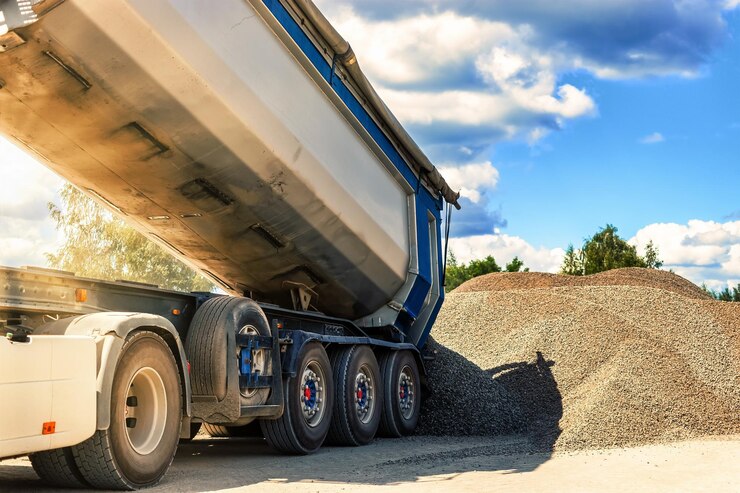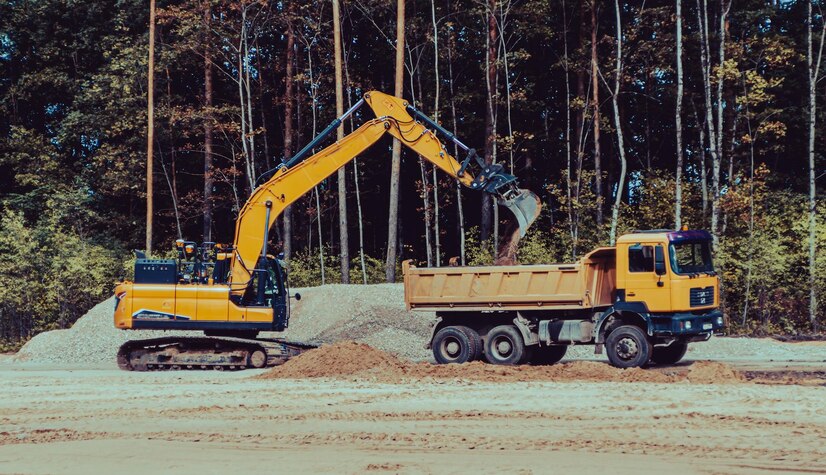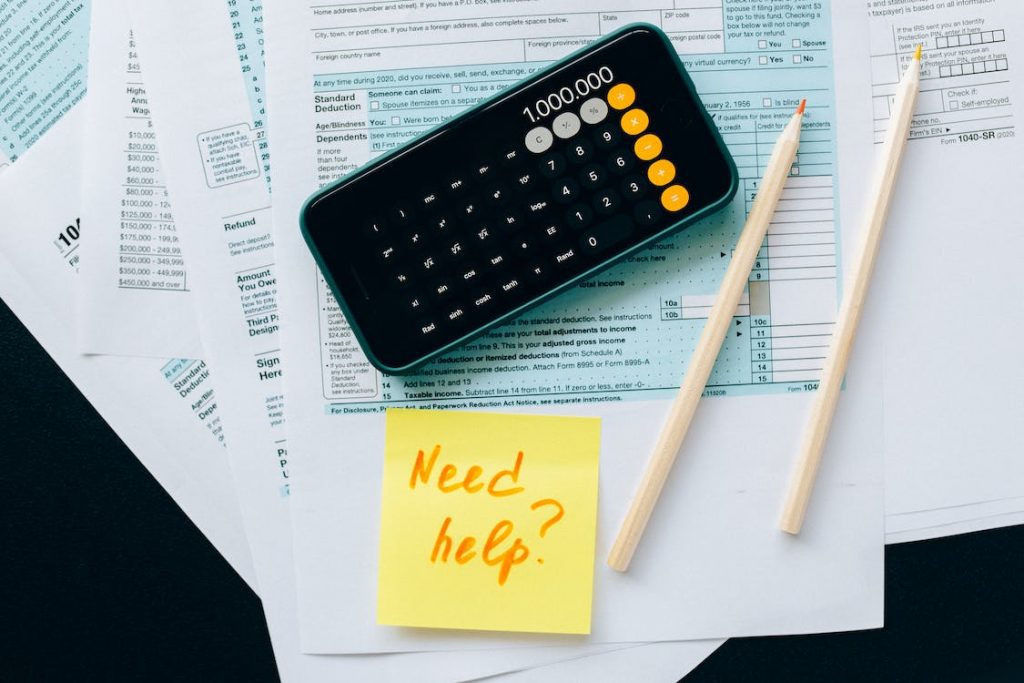Tips For Leasing Equipment For Your Business

Depending on the enterprise you’re running, you may need a collection of equipment to carry out business-related operations.
These can be anything from powerful computers to heavy machinery like construction gear or piston filling machines. However, paying for these gadgets and machines on a large scale can be very expensive, so it is in your best interest to lease them.
Leasing allows you to pay for equipment at a cost-effective price for a specific period. So instead of purchasing an item and getting rid of it in a few years, you rent it, use it, and give it back to its original owner after the lease ends.
But like any contractual agreement, you need to know how leasing works and what you need to do for it, the details of which are as follows:
6 Ways Of Leasing Equipment For Your Business

1. Know the latest accounting principles
Businesses must be transparent with their accounting practices. Anything you lease or rent must be recorded in your balance sheet to accurately depict your company’s financial statements.
Leases get classified into operating or financing leases depending on the terms and duration of your rent. Previously, companies were exempted from reporting operating leases, which led to many large-scale enterprises signing off some of their assets as operating leases to keep them off their financial statement and reduce tax liabilities.
Not only is this fraudulent, but it is also illegal. To deal with the problem, regulatory authorities proposed a new standard called ASC 842, which states that all leases lasting for more than 12 months must be reported, no matter their classification. The effective date for ASC 842 depends on when the fiscal year for you closes. If you close by December 2021, you must implement it by January 2022.
This long and tedious process has to account for all your data and lease agreements you’re currently a part of, so it’s best you get a crack on it right away and hit your deadlines. Luckily, instead of manually calculating and tracking your leases, you can use accounting software that adheres to the rules of ASC 842 and prepares your financial statement.
This makes it easy to track down all the leases you signed, make the calculations according to the current rate values and sort your data for you.

2. Have a high credit score
Similar to applying for a loan, companies need to know you have the financial capacity to afford their equipment and so concentrate on your credit score. Suppose you have maintained a score of around 700; you are in the green zone and in an excellent position to negotiate.
Your credit score informs lenders how responsible you are with your repayments and whether you have sufficient funds to keep up with the lease. A lower score puts you under intense scrutiny, and unless you have a valid reason for a poor credit report, you may not get to lease the equipment you need.

3. Be Aware of the equipment leasing options
There are various equipment leasing options, and you must learn their types. For instance, a capital lease allows you to purchase the equipment at the end of your lease term for 10% of the total cost. On the other hand, a true lease will enable you to return the equipment, purchase it or shift your agreement into new and upgraded gear, which is more technologically superior.
You can also apply for a master lease that lets you rent multiple pieces of equipment over a specific period. This saves you the hassle of getting into numerous contracts and puts the terms of your agreement into one contract.
If you feel confused, the master lease is the ideal type of agreement. It prevents inconsistencies in your record and bundles the tools you need into a precise amount. So instead of having several contacts worth a hundred dollars each, you can have one contract of five thousand dollars.

4. Have a clear idea of the equipment you need
The equipment you rent must have a practical use for your business. This is because you’ll be paying a reasonable sum of money to acquire this asset, and its value depreciates over time. You don’t want to waste money on something that brought you minimal benefits for the duration of your agreement.
The companies that rent out their equipment also need a visualization of the purpose of your lease. So you may need to explain the revenue you expect to gain and the profit the lease will yield to the provider. Unless you can clearly picture how an expensive tool is suitable for your business in the long run, you may have difficulty renting.

5. Shop for rates
Consult multiple companies before settling on the most feasible option when looking for the perfect equipment. Not every lease agreement term will be reasonable or cost-adequate. Some providers may try to overcharge or coerce you into signing an expensive agreement for a long time.
Make your choice by comparing rates, fees, and options between models and evaluating the effect they will have on your company. Think of this as shopping. Before you buy any item, check out a few stores to get the best deal; this is how you need to handle your lease agreement.

6. Minimize reasons to get rejected
You’re not the only one in the market looking for the perfect lease agreement. Numerous other small businesses may compete with you for the same machines and rates.
This puts leasing companies in a delicate position, and they must decide which small-scale enterprise they want to work with. So you need to be selective about submitting your application.

| Note: If you have too many rejections from other leasing companies, it will reflect poorly on you. The lessor may not trust you and refuse to rent out equipment based on what other leasing companies say about you, especially if you’re in the public eye. So to ensure your application gets processed, look for companies suitable for your niche, have a history of accommodating businesses like yours, and are flexible about the leasing terms. |
Conclusion
Not every enterprise has the budget to purchase expensive equipment for business operations. Therefore, business owners lease stuff. If you’re considering getting into a lease agreement, you must be mindful of a few essential factors. First, you must ensure that you mention your lease liabilities in your balance sheet and respect the latest accounting standard.
Your credit score plays a crucial role in your application, try maintaining a good report or improve your score before applying for a lease. You may want to educate yourself on the type of lease agreement and how each has a set of pros and cons before choosing one that suits your company the most.
Additionally, have a clear idea of what you need the tool for and ensure you can articulate your vision in front of the lessor. Like any deal, always compare your choices before picking an ideal option and try not to be hasty in submitting numerous applications only to end up disappointed.
Additionals:


























Leave A Reply